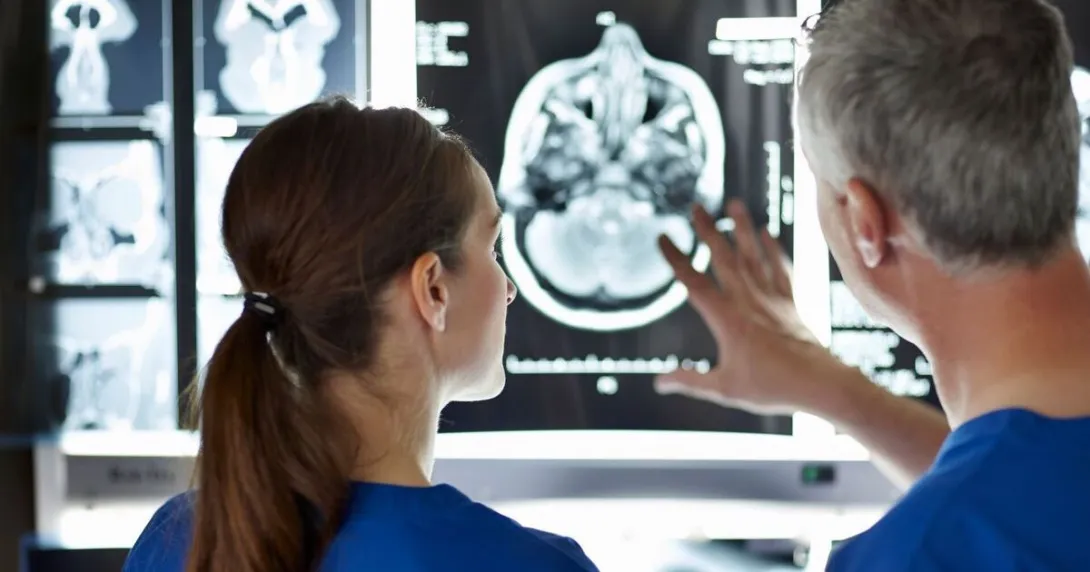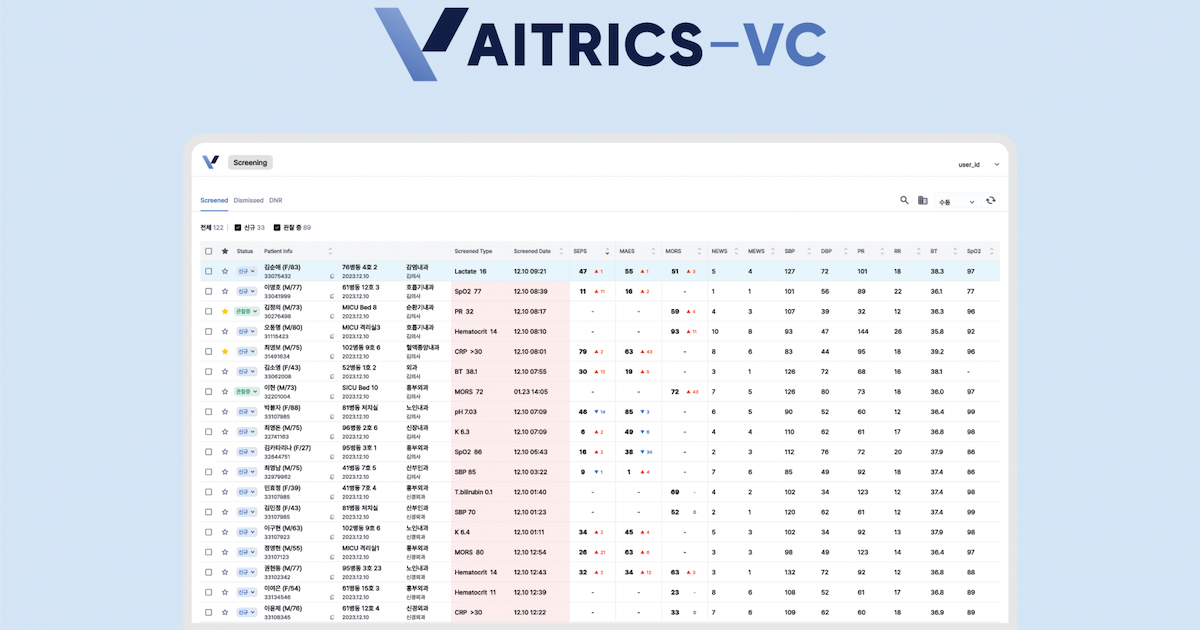
Photo: Phil Boorman/Getty Images
A government-backed study in South Korea has developed an AI in medical imaging that has shown privacy-protecting capability.
WHAT IT'S ABOUT
A research team led by Asan Medical Center (AMC), the country's biggest hospital, created a deep learning model for diagnosing kidney disease from kidney CT images, which were encrypted using a method called homomorphic encryption. This method is an international standard for secure post-quantum cryptography that allows real-time computation and analysis of fully encrypted data without opening, according to AMC.
A baseline model was first built using 12,446 unencrypted renal CT images representing normal, cystic, and tumour cases. This model was then adapted for use in an encrypted environment by replacing maximum-value operations with averages and polynomial functions, allowing it to operate correctly while maintaining data security.
Finally, the CT images were transformed with a homomorphic encryption method known as the Cheon-Kim-Kim-Song (CKKS) scheme, developed by local startup CryptoLab. The scheme, unlike other existing homomorphic encryption techniques, allows approximate operations on real and complex numbers, including those with decimal points found in medical deep learning operations.
Additionally, the research team introduced a method of calculating multiple data sets instantly or calculating only the necessary parts to improve computational efficiency.
FINDINGS
Study findings published in the journal Radiology: Artificial Intelligence by the Radiological Society of North America showed that the model achieved 97%-99% accuracy in disease classification.
AMC noted that this proves "even with encrypted patient data, the model delivers analysis results at the same level as existing unencrypted models."
It was also found that while encryption increased image size by 500 times and slowed computational needs, the use of a high-performance GPU could complete an analysis within one to two minutes.
The research was backed by the South Korean Ministry of Science and ICT, the National Research Foundation of Korea, and the National IT Industry Promotion Agency.
WHY IT MATTERS
Data privacy risks still impede the wider adoption of medical imaging AI, even as its potential to enhance diagnostic accuracy and efficiency grows.
Dr Lee Sang-wook, professor of Anesthesiology and Pain Medicine at AMC, sees the new encryption-based model becoming the "standard for personal information-preserving medical image analysis" once it is optimised and GPUs are further developed.
Dr Seo Jun-kyo, professor from the AMC Department of Urology, also expects the AI to be widely used in analysing medical images due to its potential to minimise legal and ethical concerns.
THE LARGER TREND
AMC already demonstrated last year how homomorphic encryption, a cryptographic scheme widely used in secure elections, can protect patient data used in training AI. Researchers proved its practical application in a study where EMR data from more than 300,000 patients were encrypted to train an AI model.


